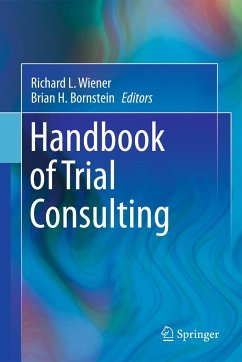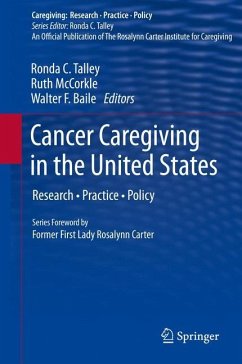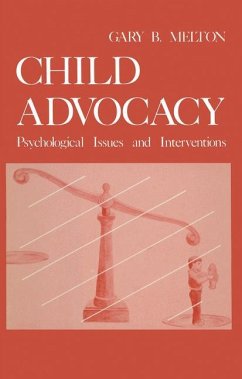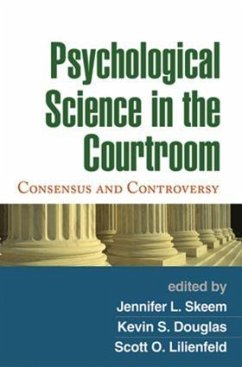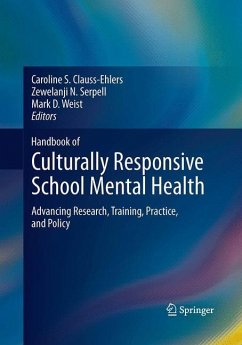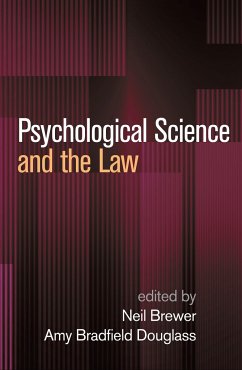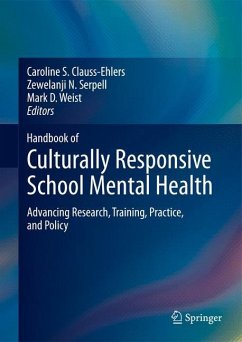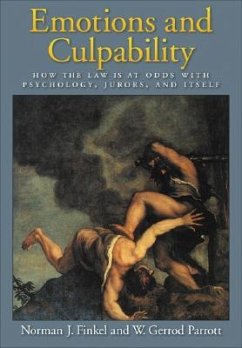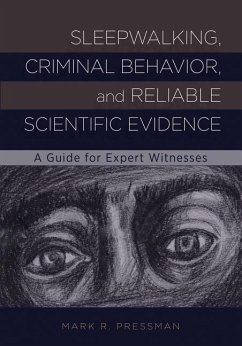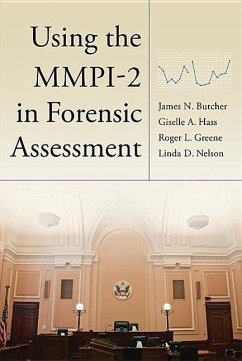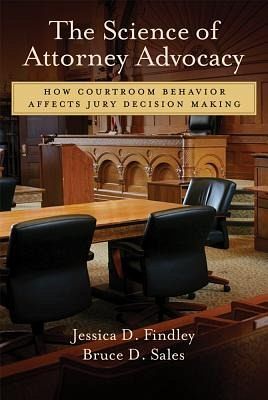
The Science of Attorney Advocacy
How Courtroom Behavior Affects Jury Decision Making
Versandkostenfrei!
Versandfertig in über 4 Wochen
59,99 €
inkl. MwSt.

PAYBACK Punkte
30 °P sammeln!
This book reviews the scientific support for popular strategies that law professors, judges, and other trial commentators most commonly recommend for persuading juries. It first summarizes trial commentators amp rsquo recommendations, then reviews the scientific support for these recommendations, and finally evaluates the recommendations in light of the scientific support. Research is culled from not only trial and simulated trial settings, but also other social and behavioral settings. Topics include attorney demeanor, verbal and nonverbal communications, the attorney-client relationship, and...
This book reviews the scientific support for popular strategies that law professors, judges, and other trial commentators most commonly recommend for persuading juries. It first summarizes trial commentators amp rsquo recommendations, then reviews the scientific support for these recommendations, and finally evaluates the recommendations in light of the scientific support. Research is culled from not only trial and simulated trial settings, but also other social and behavioral settings. Topics include attorney demeanor, verbal and nonverbal communications, the attorney-client relationship, and storytelling (narrative techniques). This book will appeal to researchers in psychology, communications, linguistics, and other social sciences, as well as trial commentators and practicing attorneys.



